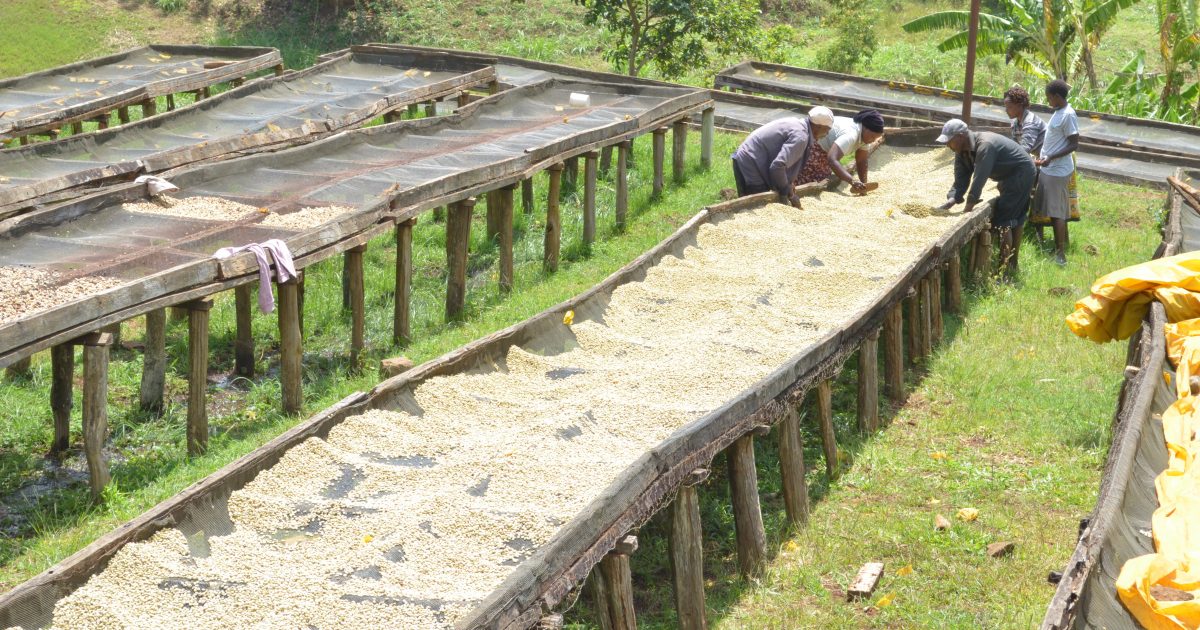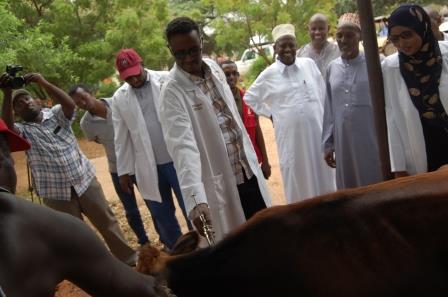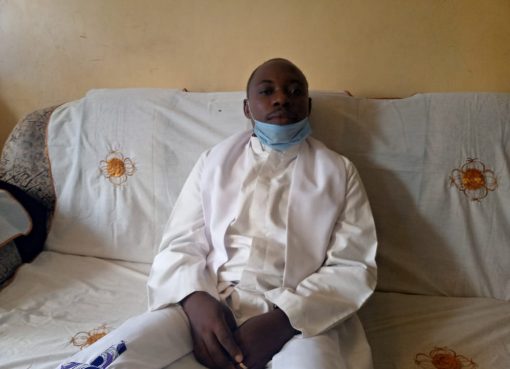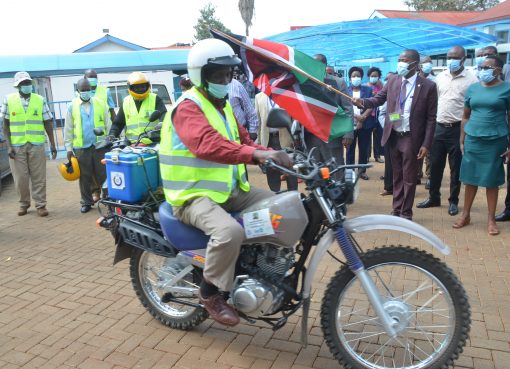Officers from Directorate of Criminal Investigations (DCI) and that of Public Prosecution (DPP) will be engaged to unearth corruption rocking Murang’a coffee societies.
Governor Mwangi wa Iria Tuesday said he will invite the relevant authorities to investigate and prosecute individuals who have been perpetuating corruption in the coffee sector.
Speaking in Murang’a town Wairia said the sector has been marred by numerous corruption deals leaving farmers without income.
The sector, he added, has for several decades been performing poorly subjecting farmers to suffering including accrued debts.
He vowed to make necessary changes aimed at reviving the sector which is crucial in the county’s economy.
“Coffee sector has fallen into hands of cartels who are reaping huge returns from coffee leaving farmers without returns,” noted Mwangi.
He said DCI and DPP will help in identifying loopholes and corrupt means used by management of coffee factories to loot farmers’ proceeds.
“We want DCI to take action on corrupt individuals managing coffee societies as they have occasioned a lot of suffering to farmers,” he noted.
“Coffee is a valuable cash crop but it is being sold at Sh.30 or less per kilo of berry through shoddy deals tailored by cartels to mint millions in the market leaving farmers with nothing,” he added.
He wondered how after national government gave out money to offset debts accrued by coffee farmers, they are still not getting money from the cash crop.
“Millions of shillings were given by the government to offset farmers’ debt some years back, but even up to now the sector is still not doing well,” posed the governor.
He said his administration will deploy managers to all local coffee factories to help achieve effective management and make the firms profitable.
“Corruption and poor management of the coffee factories can be blamed for downfall of the sector. The managers will be expected to ensure the factories are well managed and farmers’ produce taken care of,” added Mwangi
According to statistics from Coffee directorate, between 2017 and 2018 the production of coffee in the county rose from 16 million to 35 million kilos following the impact of debt waiver to coffee societies by the national government, as well as interventions by the county government, specifically the introduction of Ruiru 11 seedlings and subsidized manure.
By Bernard Munyao
DCI and DPP invited to investigate coffee societies in Murang’a





